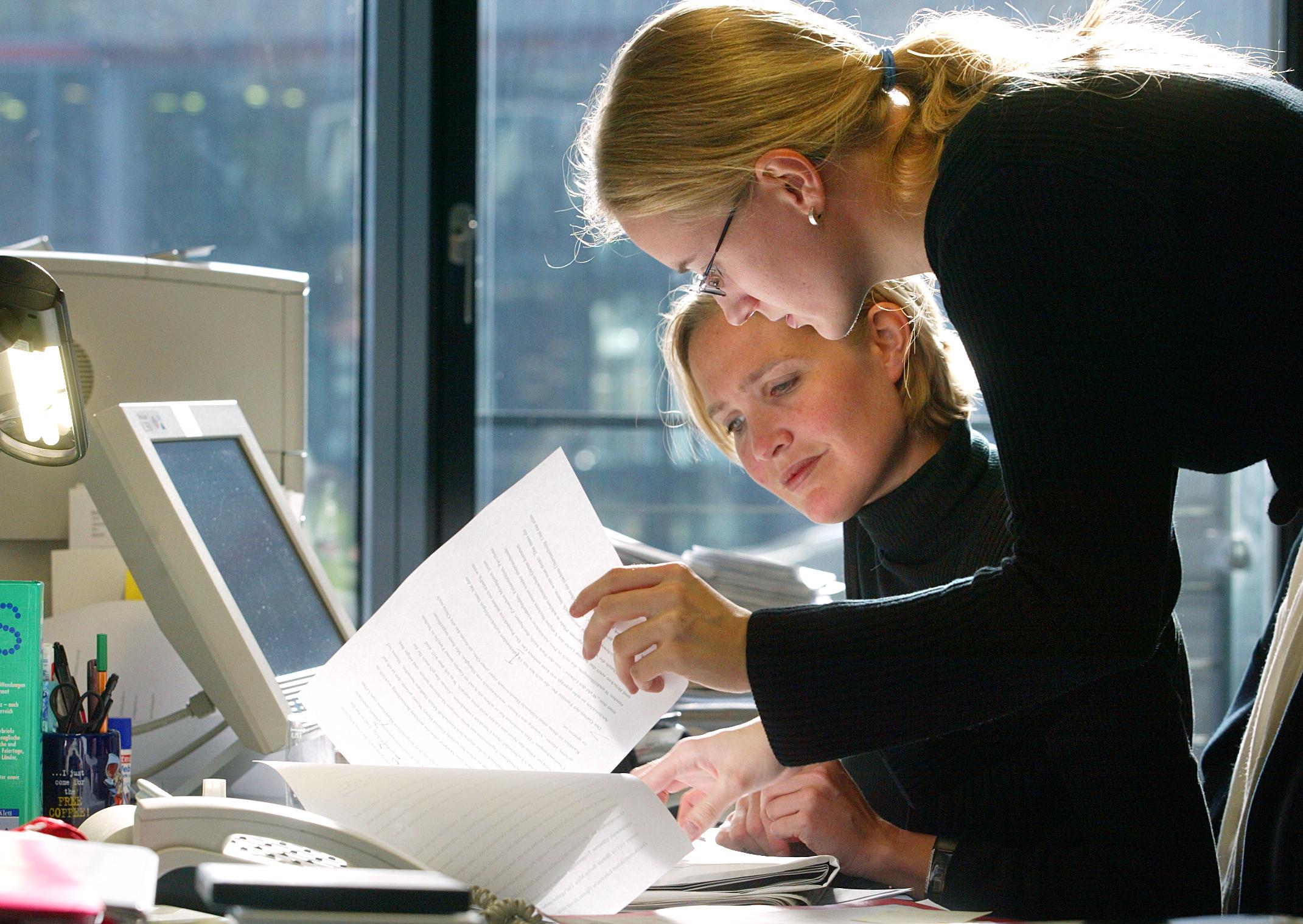Gender pay gap is widest when women hit 50, reveals new research
Women start their careers earning less than men, and the gap only gets wider from there, research from the TUC reveals

The gender pay gap is at its widest when women hit 50, according to new research from the TUC that shows this is the point at which the average woman working full-time will earn £8,421 less per year than the average full-time working man.
The trade unions body analysed official statistics on pay ahead of the 4 April gender pay gap reporting deadline, when all firms with 250 or more employees based in England, Scotland or Wales must reveal details of how they compensate their staff.
The TUC found that women earn less than men at every stage of their careers after they turn 18. According to its findings, the average young woman aged between 18 and 21 working full-time starts her career earning £1,845 less annually than her male peers. Meanwhile, the gap at 30 (£3,670) more than doubles over the following decade to hit £7,400 annually when a woman reaches 40.
The TUC said this “reflects the impact of motherhood on women’s earnings, when women find they are only able to return to work in lower-paid roles or cannot progress their careers after having moved to part-time employment”.
Frances O’Grady, TUC general secretary, said: “Women suffer a huge pay penalty over the course of their lives, starting as soon as they set foot on the career ladder.
“Having children and caring responsibilities has a massive impact on a woman’s earnings. Far more needs to be done to help mums get back into decent, well-paid jobs after they have kids – and to encourage dads to take on their share of caring responsibilities.”
Ms O’Grady added: “And we are crying out for higher wages in jobs predominantly done by women, like childcare and social care. Until we do, women will continue to lose out financially and many will have to make the choice between have a family or a career.
“Workplaces where unions are recognised are more likely to have family-friendly policies. So a good first step for women worried about their pay is to join a union.”
Subscribe to Independent Premium to bookmark this article
Want to bookmark your favourite articles and stories to read or reference later? Start your Independent Premium subscription today.

Join our commenting forum
Join thought-provoking conversations, follow other Independent readers and see their replies